Browse this site's news, projects, and people highlights via any of the topics in the dropdown list or below each content description.

Merlin
Merlin is an open-source workflow orchestration and coordination tool that makes it easy to build, run, and process large-scale workflows.
Quandary
Quandary is an open-source C++ package for optimal control of quantum systems on classical high performance computing platforms.
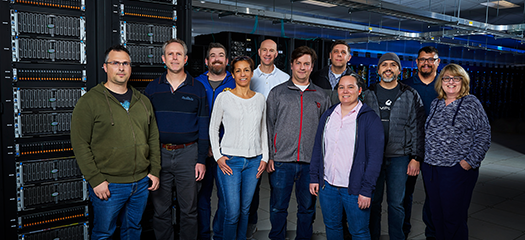
OpenZFS
LC’s adaptation of OpenZFS software provides high performance parallel file systems with better performance and scalability.
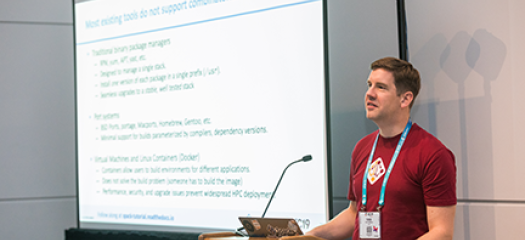
Todd Gamblin
An LLNL Distinguished Member of Technical Staff, Todd Gamblin leads the Spack project, an open-source package manager with a rapidly growing global community that has changed the way people use…

Trevor Smith
Since 2018, software developer Trevor Smith has been putting his education and computing skills to good use supporting the Lab's HPC environment. He helps develop, deploy, and manage systems…

Jarom Nelson
As group leader and application developer in the Global Security Computing Applications Division, Jarom Nelson develops intrusion detection and access control software.
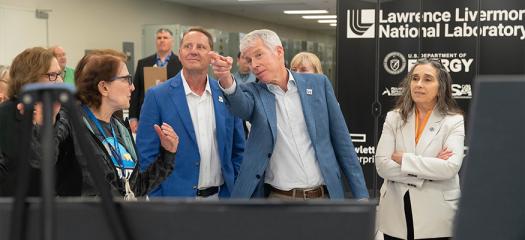
DOE Secretary Wright gets up-close look at innovation in action during LLNL visit
Wright’s day-long visit—his first to LLNL since being appointed Energy secretary—included behind-the-scenes tours of some of LLNL’s most advanced facilities and machines, from the National Ignition Facility to El Capitan, the world’s most powerful supercomputer.
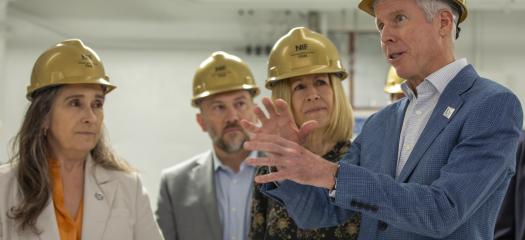
U.S. Energy Secretary Wright visits LLNL
Wright’s daylong visit included briefings and discussions with LLNL experts in key mission areas including stockpile modernization, fusion energy, AI, cybersecurity and supercomputing.
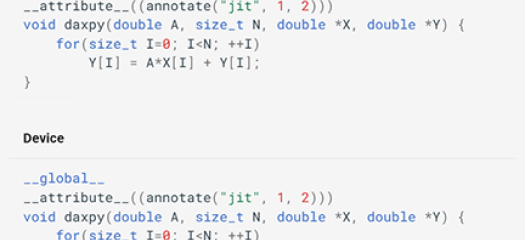
Proteus arrives just in time for faster HPC code compilation
A new just-in-time compilation approach leverages LLVM intermediate representation to optimize GPU kernels with portability to any GPU architecture.
